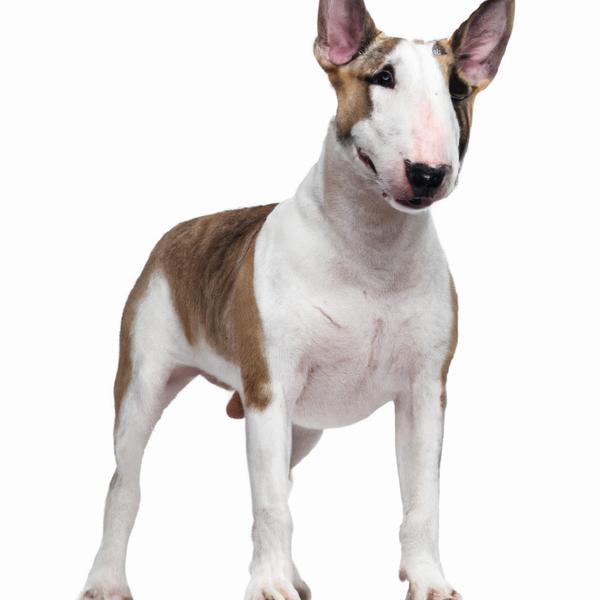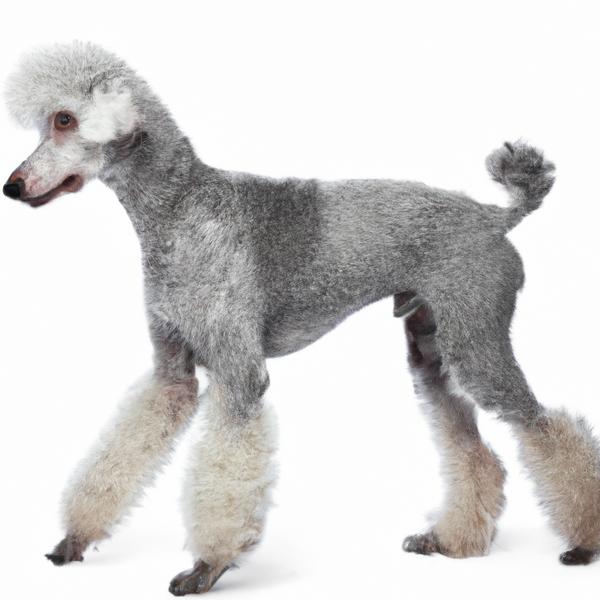Bull Terrier vs. Bedlington Terrier: Breed Differences and Similarities
Weight Gain Potential
Which breed eats more: Bull Terrier or Bedlington Terrier?
Bull Terrier tends to gain weight easily, needs increased exercise and playtime along with controlled food intake.
Bedlington Terrier has average risk of obesity, needs daily walks and quality diet to maintain healthy weight.
Hypoallergenic
Are Bull Terriers or Bedlington Terriers hypoallergenic, or neither?
Unfortunately, the Bull Terrier is not hypoallergenic, making it not a good choice for a dog lover who suffers from pet allergies.
While no dogs are truly 100% hypoallergenic, Bedlington Terriers are about as close as it gets, making them an ideal pet if you are an allergy sufferer.
Temperament
What are the personalities of Bull Terrier and Bedlington Terrier dogs?
Active
Protective
Trainable
Keen
Sweet
Tempered
Affectionate
Energetic
Playful
Intelligent
Devoted
Loyal
Reliable
Shedding Level
Do Bull Terriers shed more than Bedlington Terriers, or which breed sheds more, Bull Terriers or Bedlington Terriers?
Bull Terriers are moderate shedders, but regular brushing can reduce shedding and maintain coat health.
Bedlington Terriers shed very little hair, making them a great choice for those who dislike excess hair in the house.
Watchdog Ability
Which dog breed makes a better watchdog, the Bull Terrier or Bedlington Terrier?
Choose a Bull Terrier if you want a top-notch watchdog. This breed takes guarding seriously, and may not require much training, though obedience or guard dog training can improve their skills.
Bedlington Terriers are decent watchdogs - they'll alert their owner if something seems amiss.
Origin
What is the origin of Bull Terrier and Bedlington Terrier dog breeds?
England
England
Ancestry
What are the origins of Bull Terrier and Bedlington Terrier breeds?
Bulldog, Old English Terrier
terrier
Date of Birth
When were Bull Terrier and Bedlington Terrier breeds first developed?
1800s
Breed Group
What is the Breed Group of Bull Terrier and Bedlington Terrier?
Terrier (AKC:1885 & UKC)
Terrier (AKC:1886 & UKC)
Eye Color Possibilites
What are the eye colors of Bull Terrier and Bedlington Terrier dogs?
Brown
Brown
Nose Color Possibilites
What are the natural nose colors of Bull Terrier and Bedlington Terrier?
Black
Black
Brown
Coat Color Possibilites
What are the natural colors of the coat for Bull Terrier and Bedlington Terrier breeds?
Fawn
White
Pied
Brindle
Red
Blue
Sable
Brown
Coat Length
What is the typical coat length for Bull Terrier and Bedlington Terrier breeds?
Bull Terriers have short coats.
Bedlington Terriers have coats that can be either short or medium in length.
Coat Density
What is the density of the coat of Bull Terrier and Bedlington Terrier?
Coat Texture
What is the hair texture of Bull Terrier and Bedlington Terrier?
Straight
Curly
Litter Size
What is the usual litter size for Bull Terrier and Bedlington Terrier?
A Bull Terrier can have a litter of 10-12 puppies on average. However, it's worth noting that the size of the litters can vary greatly. Factors that can influence litter size include the health of the mother, breeding history, and genetics.
A Bedlington Terrier can have a litter of 14-16 puppies on average. However, it's worth noting that the size of the litters can vary greatly. Factors that can influence litter size include the health of the mother, breeding history, and genetics.
Adaptability
The adaptability of Bull Terrier and Bedlington Terrier dogs is a well-known trait. They are known for being able to adjust well to different living environments and lifestyle changes.
Health Issues
Between Bull Terrier and Bedlington Terrier, which breed is more prone to health problems?
The Bull Terrier breed is generally very healthy, requiring minimal vet visits. Still, it's important to keep an eye on their health and seek veterinary care when needed.
While the Bedlington Terrier breed is generally healthy, occasional vet check-ups are still necessary to address any health concerns.
Major Concerns
What are the major health concerns for Bull Terrier and Bedlington Terrier breeds?
Deafness (Whites)
Kidney Problems
Mitral Valve Disease
Lethal Acrodermatitis
Renal Cortical Hypoplasia
Copper Toxicosis
Minor Concerns
What minor health issues should be kept in mind when owning Bull Terrier and Bedlington Terrier?
Entropion
Ectropion
Demodectic Mange
Eye Disease
Laryngeal Paralysis
Distichiasis
Retinal Dysplasia
Occasional Tests
What occasional tests are recommended for Bull Terrier and Bedlington Terrier breeds?
Cardiac
Eye
Blood Test
Hearing (Whites)
Up:Uc Ratio For Kidney Function
Skin Scraping
Eye
Dna For Copper Toxicosis
Energy
How do the energy levels of Bull Terriers and Bedlington Terriers compare?
Bull Terrier and Bedlington Terrier breeds are known for their high energy levels, so if you're looking for a more low-key dog, these breeds may not be the best choice.
Social Needs
Bull Terrier vs Bedlington Terrier social needs comparison
Bull Terrier has very high social needs and requires regular mental and physical stimulation, a job or purpose, and companionship.
Bedlington Terrier has above average social needs and thrives with interaction with humans and other dogs.
Exercise Needed
Bull Terrier vs Bedlington Terrier exercise need comparison.
Bull Terriers require significant physical activity and suit those with an active lifestyle.
Bedlington Terriers need moderate physical activity and are great for families and active individuals.
Sleeping Need
Which of the two sleeps the most/least: Bull Terrier or Bedlington Terrier?
Bull Terrier and Bedlington Terrier dogs tend to sleep less than some other breeds, but it's still important for them to get adequate sleep in order to maintain good health.
Drooling Tendency
Which drools more/less, Bull Terrier or Bedlington Terrier?
The Bull Terrier and Bedlington Terrier breeds are known for their low drooling tendencies, making them a suitable choice for people who don't want to deal with drool marks on their clothing.
Tendency to Bark
Do Bull Terriers or Bedlington Terriers bark more/less frequently?
Compared to most other breeds, Bull Terrier and Bedlington Terrier tend to be less vocal and bark less frequently. They typically only bark when necessary, such as to communicate or alert their owner, and do not bark excessively, especially when left alone.
Territorial
Is the Bull Terrier or Bedlington Terrier a better guard dog?
These breeds are known for being extremely protective and make excellent guard dogs. They possess a strong instinct to defend their territory and owners and have a high level of vigilance and alertness.
Mouthiness
Mouthiness Comparison: Bull Terrier vs Bedlington Terrier?
Roaming urge
Bull Terrier vs Labrador: Running away tendency?
Prey Drive
Bull Terrier or Bedlington Terrier - which breed has a higher level of prey drive?
Activity Level
Which breed has higher energy, Bull Terriers or Bedlington Terriers?
Bull Terriers are high-energy dogs. They need mental as well as physical exercise. These dogs require a lot of your involvement and without it they can, and will, become problematic dogs.
Bedlington Terriers are medium-energy dogs and typically enjoy socializing and playing casual or even sustained games of chase with other dogs. They may also have occasional periods of barking or racing around the house.
Tolerance of being left alone
Walks per Week
How many miles should Bull Terrier or Bedlington Terrier walk each week?
There's really no limit to how far you walk your dog as long as they're comfortable. For Bull Terrier, it's at least 8 miles / week. Just remember to build distance and stamina gradually over time.
There's really no limit to how far you walk your dog as long as they're comfortable. For Bedlington Terrier, it's at least 6 miles / week. Just remember to build distance and stamina gradually over time.
Activity per Day
Do Bull Terriers or Bedlington Terriers require more exercise?
In general most Bull Terriers usually need at least 60 minutes of exercise daily. This can be spread across the day and include all sorts of high-energy activities, like walking, running and playing.
In general most Bedlington Terriers usually need at least 45 minutes of exercise daily. This can be spread across the day and include all sorts of high-energy activities, like walking, running and playing.
Grooming
Which breed is easier to maintain in terms of grooming, Bull Terriers or Bedlington Terriers?
The Bull Terrier is a low-maintenance breed that doesn't require much grooming.
Bedlington Terriers have high grooming needs, requiring regular trims and professional grooming assistance to keep their coat healthy.
Brushing Frequency
What is the recommended brushing frequency for Bull Terrier and Bedlington Terrier dogs?
Bull Terrier should be brushed at least once a week. Of course you can give them more frequent brushes if you find that they are still shedding a lot
Ideally, Bedlington Terrier should be brushed at least 2 or 3 times a week (preferably daily) improve shedding.
Brushing Tools
What brushing tools are used for Bull Terriers and Bedlington Terriers?
Pin Brush
Comb
Nail Clipper
Pin Brush
Slicker Brush
Comb
Deshedder
Scissors
Clipper
Nail Clipper
Cups
How much food should be given to Bull Terrier or Bedlington Terrier in cups?
Bull Terrier and Bedlington Terrier share the same recommended daily food intake of 2.5 cups, although the appropriate quantity may vary depending on the quality and nutritional content of their food.
Daily Cost
Which breed has a higher daily cost, Bull Terrier or Bedlington Terrier?
The average cost of a Bull Terrier is somewhere $2.10 - $2.70 per day.
The average cost of a Bedlington Terrier is somewhere $1.70 - $2.00 per day.
Monthly Cost
Which breed has a higher monthly cost, Bull Terrier or Bedlington Terrier?
The average per month expenses of a Bull Terrier is between $55 - $73. This makes an average of $660 - $876 per year. It will be on the higher side when the dog is still small because it will need more frequent visits to the vet, shots.
The average per month expenses of a Bedlington Terrier is between $48 - $63. This makes an average of $576 - $756 per year. It will be on the higher side when the dog is still small because it will need more frequent visits to the vet, shots.
Intelligence
Comparing Intelligence: Bull Terriers vs Bedlington Terriers
Bull Terrier is a very intelligent and trainable breed.
Bedlington Terriers are average in obedience intelligence but have a high IQ and may cause trouble if left unsupervised.
Sensitivity Level
How do Bull Terrier and Bedlington Terrier compare in sensitivity?
This breed is sensitive to its environment and best suited for patient and understanding families with a consistent routine.
Bedlington Terriers have average emotions and adapt well to different situations.
Affection Dependance
Which is the more affectionate dog breed: Bull Terrier vs Bedlington Terrier?
Apartment Friendly
Which breed is more apartment-friendly: Bull Terrier or Bedlington Terrier?
Bull Terrier and Bedlington Terrier are apartment-friendly dog breeds. They can do perfectly well in apartments providing they are sufficiently exercised and taken out and about as part of their owner's daily lifestyle.
Child Friendly
Do Bull Terriers or Bedlington Terriers have a friendlier temperament towards children?
Bull Terrier and Bedlington Terrier are kid-friendly dogs. They are good with children and excellent dogs with children if they are socialized and trained at a young age.
Senior-friendly
Which dog is more suitable as a pet for the elderly - Bull Terrier or Bedlington Terrier?
Cat Friendly
Do Bull Terrier or Bedlington Terrier breeds have a better compatibility with cats?
Bull Terriers are somewhat cat friendly and can be trained to get along with cats.
Bedlington Terriers are average in their friendliness toward cats and tend to do well with them, especially if raised together.
Dog Friendly
Which breed is more sociable with other dogs: Bull Terrier or Bedlington Terrier?
Bull Terriers are less friendly towards other dogs, but can improve with socialization.
Bedlington Terriers are friendly and active companions, and can be good family pets, though their friendliness towards other dogs may vary.
Pet friendly
How do Bull Terrier or Bedlington Terrier dogs interact with other pets?
Stranger Friendly
Which breed is more friendly with strangers: Bull Terrier or Bedlington Terrier?
Bull Terrier and Bedlington Terrier are friendly dogs and typically won't bark at strangers. However, if you wish to change this behavior, training them is easy thanks to their intelligence, making it pretty simple to teach them anything.
Playfulness
Which breed is more playful between Bull Terrier and Bedlington Terrier?
Bull Terriers are very playful, so adopting an older one might be a better option for a more relaxed experience.
Bedlington Terriers have an average level of playfulness, enjoying playtime like most dogs but not excessively so.
Trainability
How do the trainability levels of Bull Terriers and Bedlington Terriers compare?
Bull Terrier and Bedlington Terrier dogs are known for their ease of training and ability to learn quickly, making them a popular choice for pet owners and trainers alike.
Compare Bull Terrier with other breeds

King Charles Yorkie
Bull Terrier vs King Charles Yorkie

Hava-Apso
Bull Terrier vs Hava-Apso
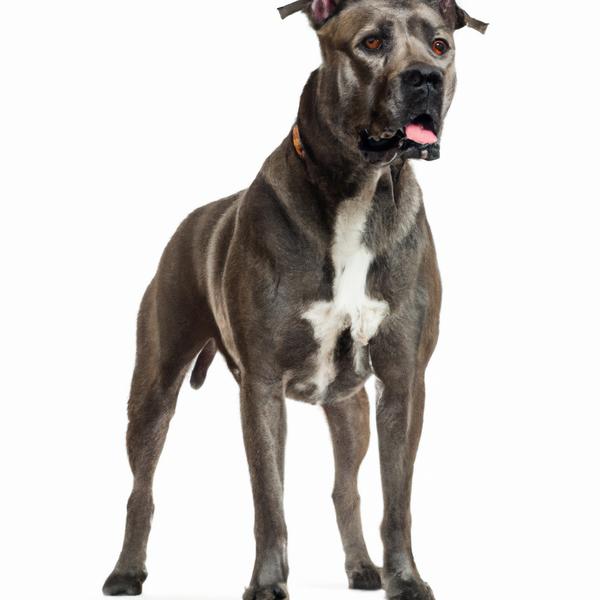
Amstiff
Bull Terrier vs Amstiff
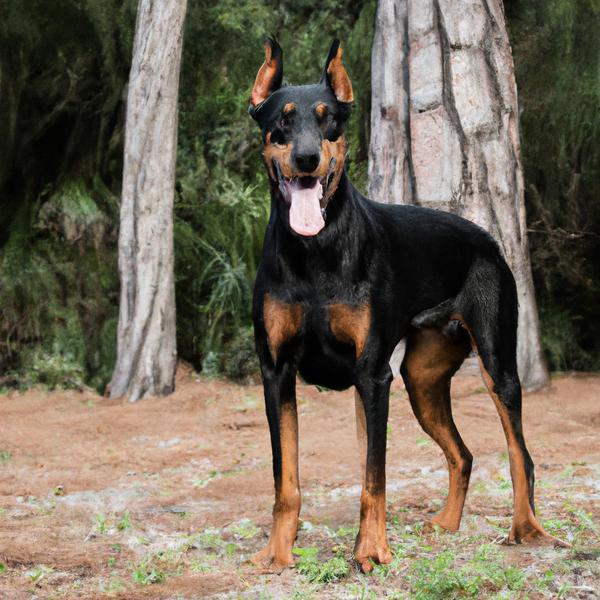
Doberman Shepherd
Bull Terrier vs Doberman Shepherd
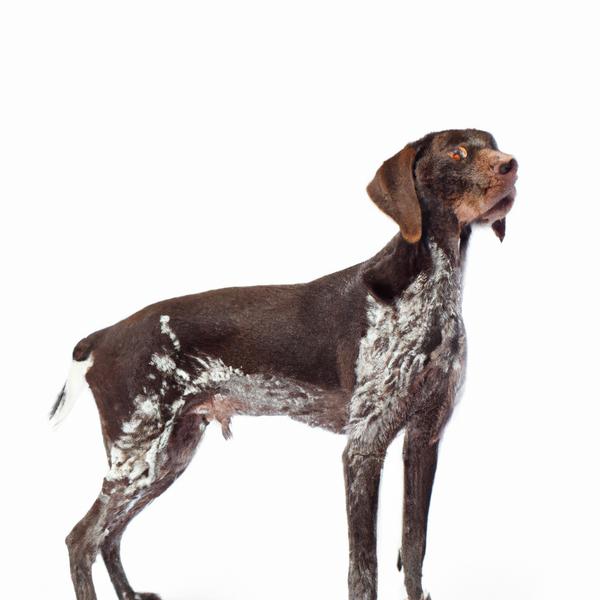
German Shorthaired Sprointer
Bull Terrier vs German Shorthaired Sprointer

English Toy Cocker Spaniel
Bull Terrier vs English Toy Cocker Spaniel
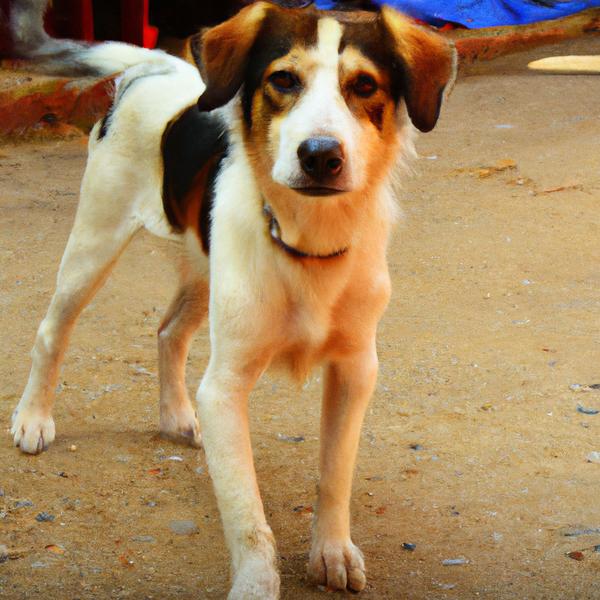
Wheagle
Bull Terrier vs Wheagle
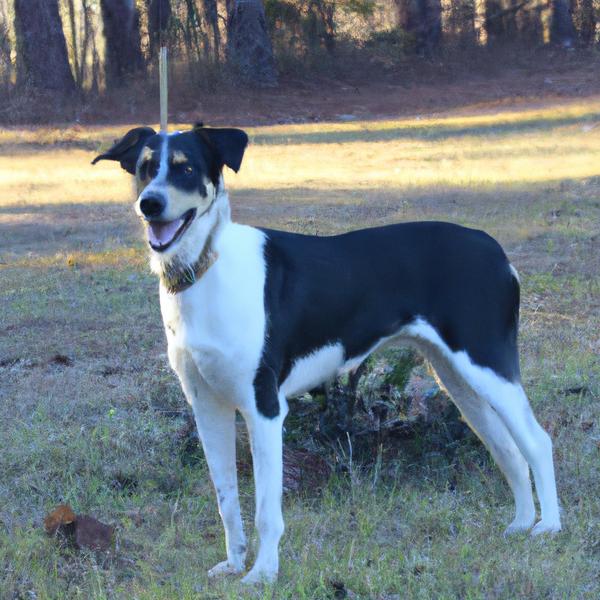
Mauxie
Bull Terrier vs Mauxie
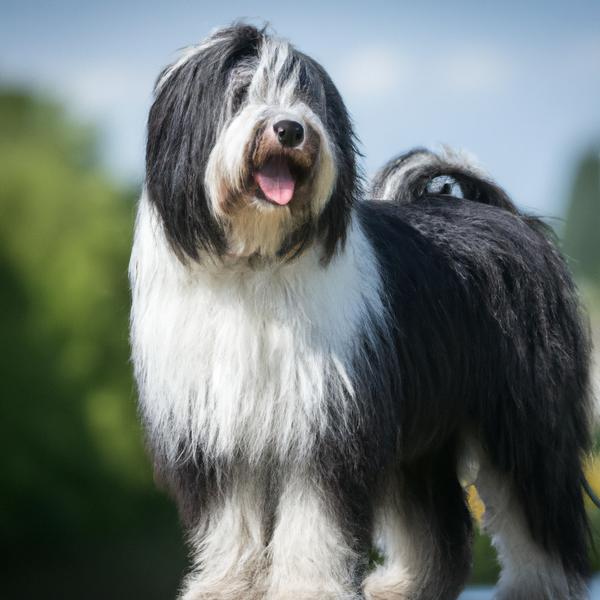
Polish Lowland Sheepdog
Bull Terrier vs Polish Lowland Sheepdog
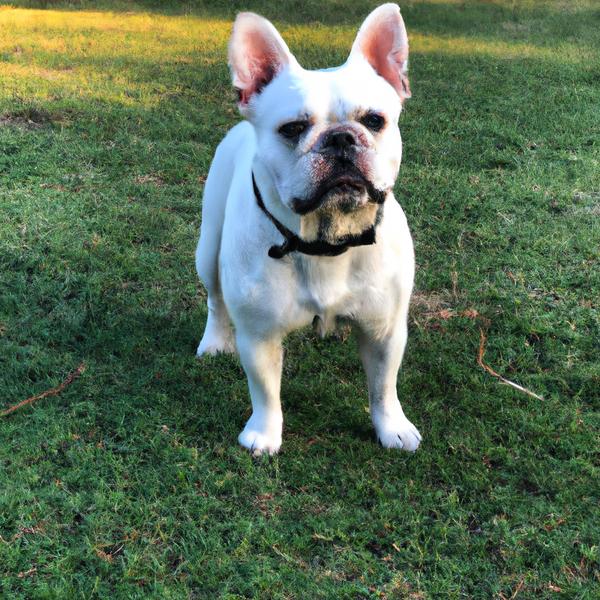
Frenchie Labrador
Bull Terrier vs Frenchie Labrador
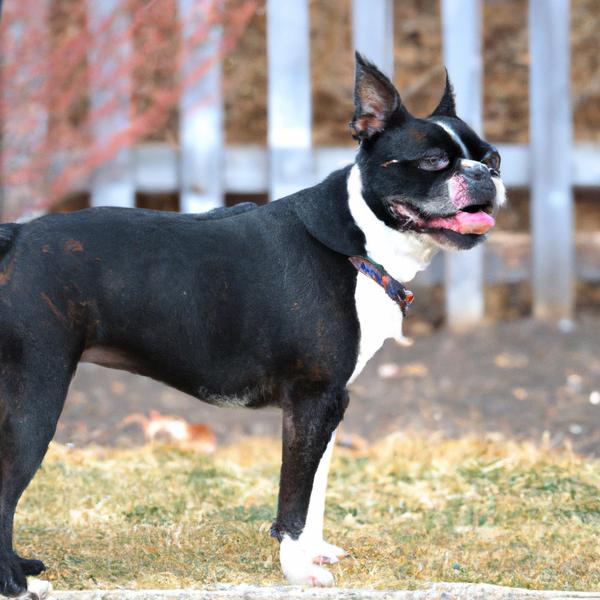
Bostie
Bull Terrier vs Bostie
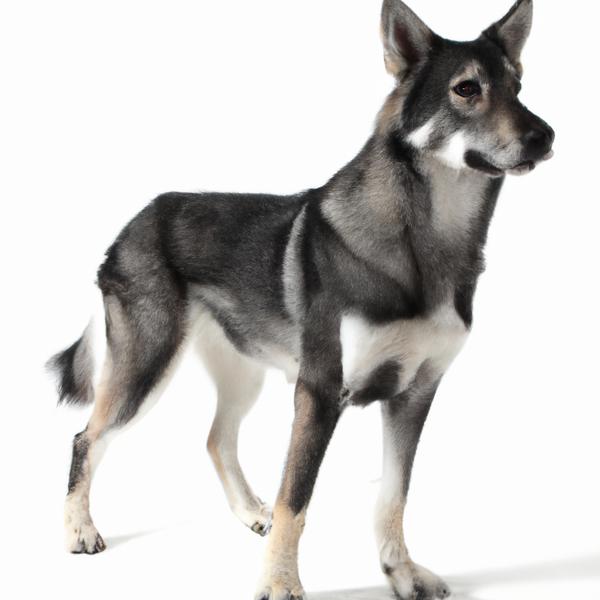
Nortese
Bull Terrier vs Nortese
